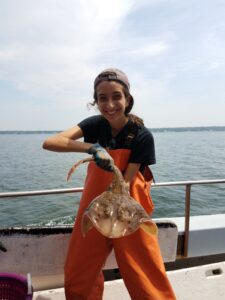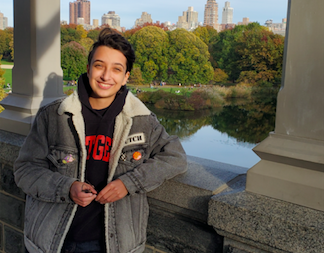My interest in the marine world stemmed from a childhood in the Tidewater region of Virginia and family trips to neighboring North Carolinian beaches. There was nothing more thrilling to me than digging holes in the intertidal zone and collecting anything living I could find – coquina clams, moon jellies, sand crabs – and putting them in my very sophisticated stand-in microcosm (a plastic bucket). I haven’t changed much – if there’s a nice wash of goodies on the beach after a storm, you can find me earning a sunburn from picking my way down the shoreline.
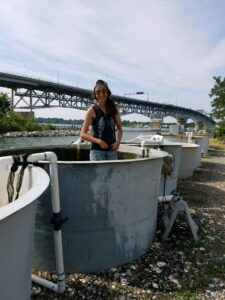
I received my bachelor’s in Marine Science at the University of South Carolina in 2019. Under the advisement of Dr. Ryan Rykaczewski, I developed matrix models to investigate how populations of marine organisms responded to different frequencies of environmental change. During my first summer in undergrad, I interned with the Chesapeake Bay Foundation restoring oyster reefs, teaching local residents the power of citizen science, and spending many a hot day on Chesapeake Bay tributaries!
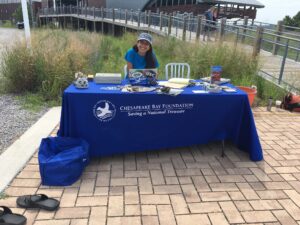
In 2018, I had the opportunity to investigate the mesopelagic zone at University of Rhode Island through a summer NSF Research Experience for Undergraduates. Under the advisement of Dr. Jaime Palter, I assessed the seasonal changes in diel vertical migrations of small fish and krill in the Slope Sea, Gulf Stream, and Sargasso Sea. That project sparked my interest in biological mediators of carbon – particularly fish. (I was also stoked to participate in a fish trawl, and attended my first Ocean Carbon and Biogeochemistry workshop, where I saw my dream car in the parking lot!)
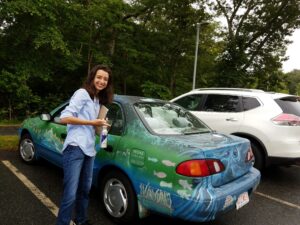
I am now a second-year PhD student working with Dr. Grace Saba to quantify the role of small pelagic fish (SPFs), like menhaden and herring, in the carbon cycle in the Mid-Atlantic Bight. My goal is to form the first full, quantitative profile of carbon byproducts, namely fecal pellets and calcium carbonate, for commercially important SPFs in this region. By creating these profiles, I can investigate how SPFs have contributed to carbon export in the Mid-Atlantic Bight over their fished histories.
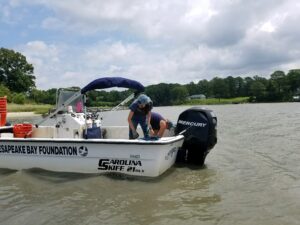
When I’m not in the office, you can find me tinkering with old computer hardware (and buying obscure repair parts for said computers off eBay), playing board games with friends, ignoring my clean laundry (I hate folding…), or having a nice snooze in bed. If you want to talk fish or anything else, feel free to reach me at lcook@marine.rutgers.edu.
